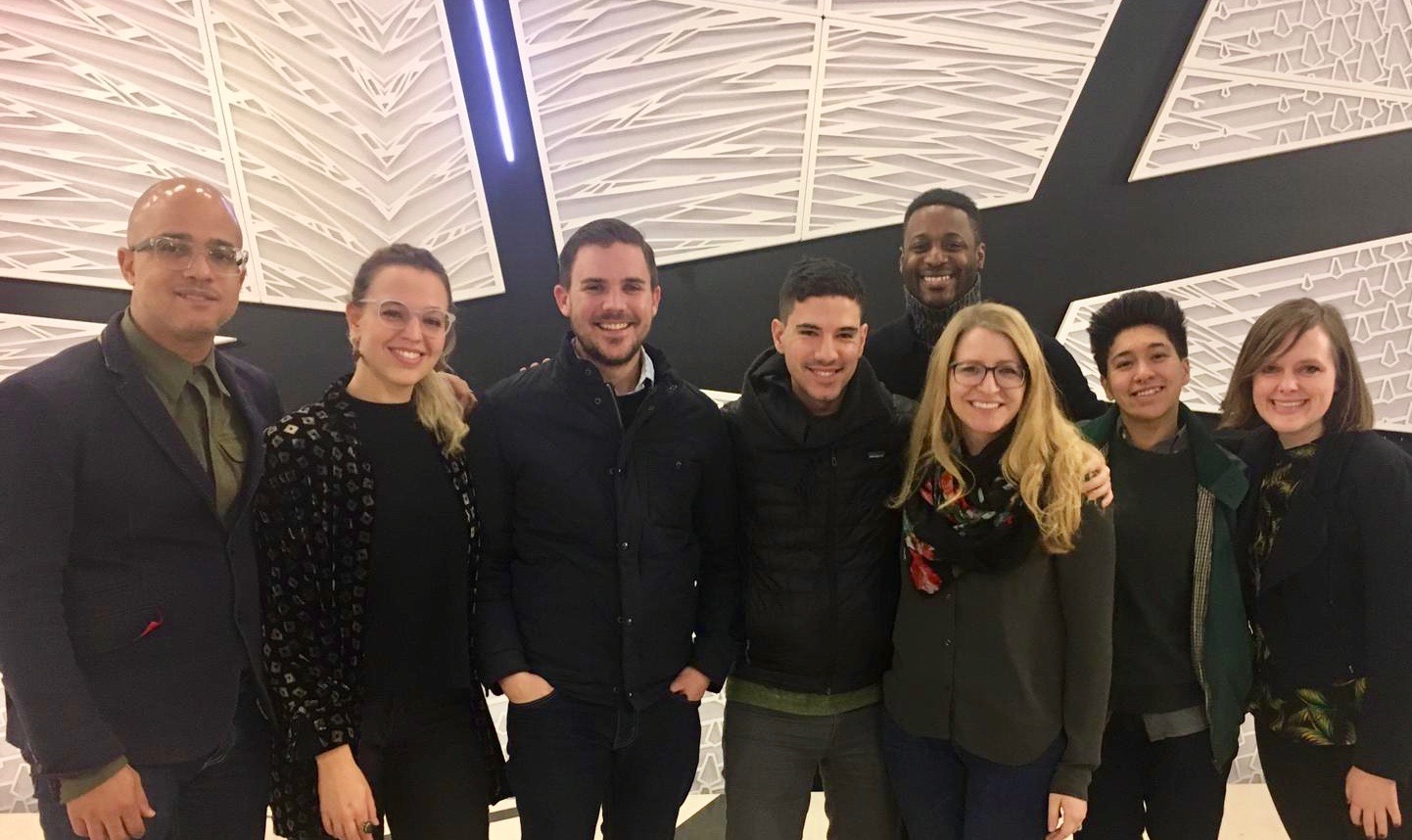

As the fields of art, design and other creative industries shifts, the Mike Curb MA in Creative Enterprise and Cultural Leadership empowers students to create the creative opportunities of the future that connect art and design to society. The program has a particular emphasis on impact and place, looking at how art practice intersects with the social, political, economic, and other structures that shape communities. This cross disciplinary, collaborative program merges theory and practice in arts management, civic practice, creative placemaking, leadership, and the management of innovation in the expanded creative fields.
The program responds to the changing nature of art and design fields by providing opportunities to students to learn how to support innovation in ways of operating. It also builds on the trends that are growing to connect the interdisciplinary art and design fields into spaces that are not arts centered such as working with municipal agencies, health, businesses, and community development. It does this through a particular curricular emphasis on arts in equitable development (creative placemaking) and civic practice.
Based in the dean’s office of the Herberger Institute for Design and the Arts at Arizona State University, the MA CECL program draws on the expertise of interdisciplinary leaders across the Institute who directly engage with students in the classroom and in supporting their capstone projects. These include Institute Professor Maria Rosario Jackson (arts in equitable development), Institute Professor Michael Rohd (theatre and civic practice), and Dean Steven Tepper (cultural policy and creative work). As well as opportunities to connect with the National Accelerator for Cultural Innovation, the Studio for Creativity, Place and Equitable Communities, among other initiatives.
Classes provide students with skills in design thinking pedagogy, community engagement, public communication, network/systems thinking, opportunity recognition and creativity, and cultural leadership. Additional courses include creative placemaking and civic practice. The program culminates with a capstone project that can take the form of research (whether community engaged or more traditional scholarship) or the launch of a new project/venture/initiative.
The program reviews application each winter and spring for fall admission. Application requirements include: letter of intent; resume; sample of work; undergraduate transcripts; and two letters of recommendation. GRE scores are optional and not a required for admissions review.

Arizona State University
1001 S Forest Mall
Tempe, AZ 85287
FACULTY
Johanna K. Taylor
Maria Rosario Jackson
Michael Rohd
Steven J. Tepper
Email: [email protected]
Phone: N/A
Graduate
MA